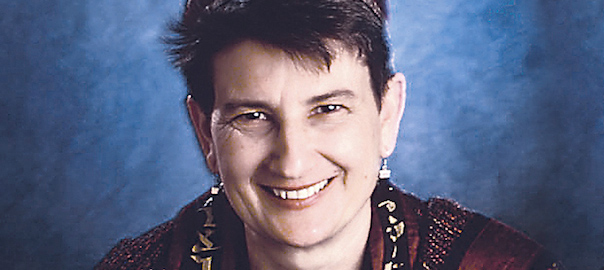All that glitters is not gold / Parashat Ki Tisa

Our own rabbi Lisa gave the torah commentary in the Jewish Journal this week on torah portion ‘Ki Tisa.’ Start reading here.
Where does the expression “Break the rules” come from? Perhaps from this week’s Torah portion, Ki Tisa:
“Moses turned and went down from the mountain carrying the two tablets of the Pact. … As soon as Moses came near the camp and saw the golden calf and the dancing, he became enraged and he hurled the tablets from his hands and shattered them at the foot of the mountain” (Exodus 32:15-19).
So who was the first rule breaker? Moses for shattering the tablets? Or the Israelites for dancing around the golden calf a mere 40 days after promising Moses, “Everything that God has spoken, we will do!” (Exodus 19:8)?
Let’s give the children of Israel a little leeway. Even though time passes quickly for most of us, those 40 days for the Israelites must have seemed an eternity. Picture it: After the most awe-inspiring episode of thunder and lightning ever, the mountain quaking, the shofar sounding and The Voice — God’s voice, no less — ringing out from the top of a mountain, Moses and God have disappeared together on the top of that scary mountain for 40 days — out of earshot, out of sight, driving the Israelites nearly out of their minds with anxiety and fear.
Here they are, having followed an unfamiliar God and a strange man out of Egypt, across a parted sea, into an unfamiliar wilderness only to be left alone for weeks — with nary a tweet or an email to comfort them or ease the stress. No wonder they gathered “against” Aaron, brother of Moses, and said to him, “Come on, make us a god who will walk before us, for that man Moses, zeh Moshe ha-ish, who brought us up from the land of Egypt, we do not know what has happened to him, lo-yadanu mah hayah lo” (Exodus 32:1).
And Aaron responded as so many teenagers do when their parents leave them unchaperoned: “Hey, everybody, party at my house this weekend!” And he makes them a golden calf to dance around as they cheerfully empty the liquor cabinet.
Continue reading in the Jewish Journal




